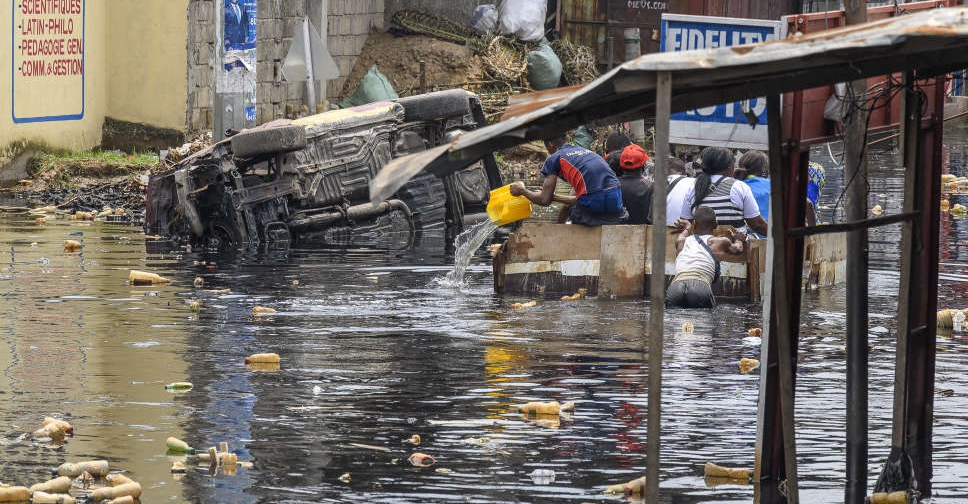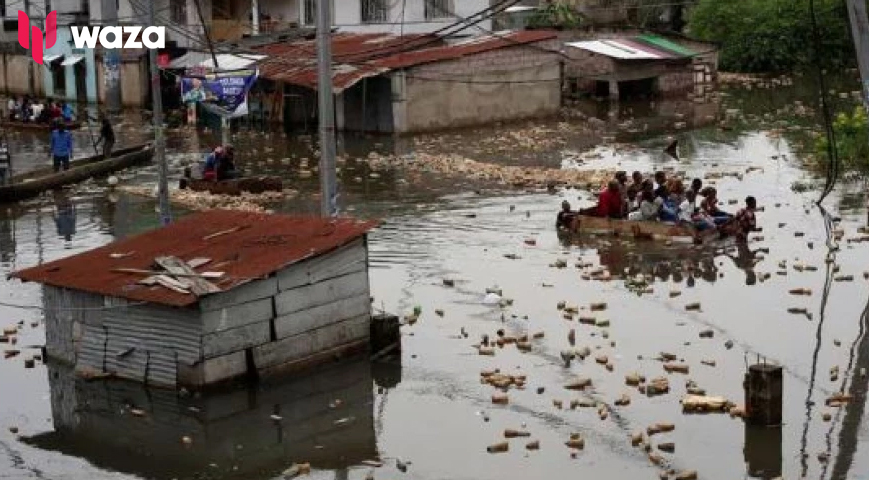According to authorities, the Congo River has risen to its highest level in more than 60 years, resulting in flooding that has killed over 300 people in the past few months throughout the Democratic Republic of the Congo (DRC) and the Congo Republic.
Certain African nations are more susceptible to flash floods following heavy rains, which occur more frequently due to climate change, because of poor urban planning and inadequate infrastructure.
Nearly the whole flood plain of the capital Kinshasa, which is located on the banks of the river, could be impacted, according to Ferry Mowa, a hydrology specialist at the DRC Riverways Authority, a division of the transport ministry, whose office had alerted him to the high water level in late December.

He told Reuters that the river reached 6.20 meters above sea level on Wednesday, just short of the record of 6.26 meters set in 1961. He also mentioned that the flooding had come after hefty rains that fell inland.
Did you read this?
The social affairs ministry reported that communities in over a dozen provinces and several neighborhoods in the densely populated capital of Kinshasa, Democratic Republic of Congo, had flooded.
It said in a statement last week that nearly 300 people had died, 300,000 households had been impacted, and tens of thousands of houses had been destroyed.
According to officials who spoke to Reuters, at least 17 people have died in floods that have affected more than 60,000 households in the neighboring Congo Republic, whose capital, Brazzaville, is likewise located on the banks of the river.
.jpeg)
Some locals paddle through flooded streets, where water has risen to some homes' roof levels, using shovels.
The floodwaters have swept thousands of discarded plastic bottles and other debris and are now clogging streets.
Helene, a resident of Ngaliema municipality in western Kinshasa, lost her home to flooding.
A fund to assist in managing natural disasters and adapting to climate change has been called for by Raphael Tshimanga Muamba, director of a Congo Basin research center in the Democratic Republic of the Congo.
He said that the DRC has no plan to prevent flood disasters.
A meeting to assess additional humanitarian aid is scheduled for this Thursday, according to Modeste Mutinga, the DRC's minister of social and humanitarian affairs, who spoke with Reuters.









